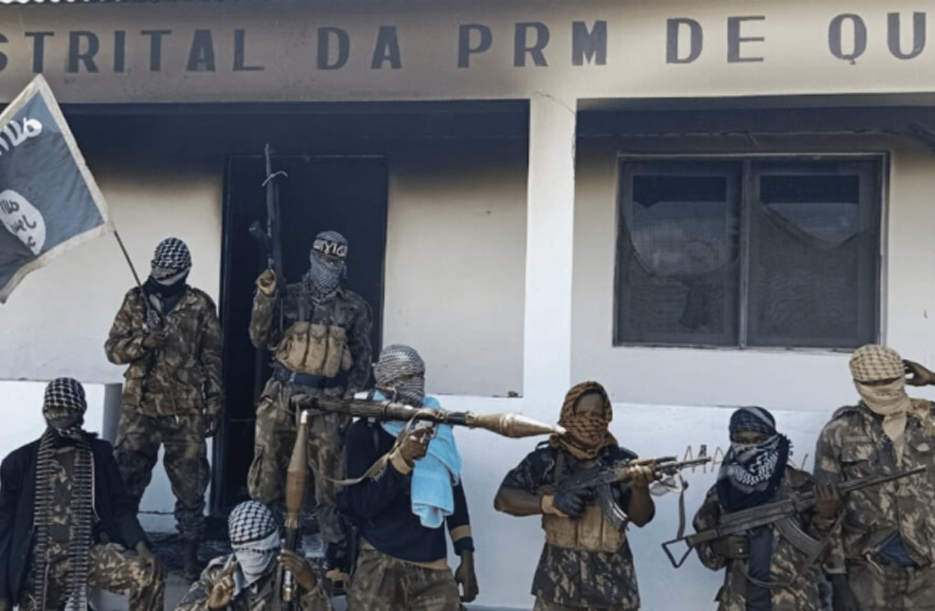
Posted On : Dec 7 2020
Ansar al Sunna : ISIS-Mozambique
The emergence of ISIS-Mozambique, also known as Ansar al-Sunna, in the northern province of Cabo Delgado has highlighted the expanding reach of extremist groups and their potential to destabilize regions far beyond their traditional strongholds.

Origins and Evolution:
ISIS-Mozambique's origins can be traced back to 2017 when a local Islamist insurgency began to gain momentum in Cabo Delgado. The group initially adopted the name Ahlu Sunnah Wa-Jama, but later pledged allegiance to the Islamic State in Central Africa, aligning itself with the broader ISIS network.
Activities and Tactics:
The activities of ISIS-Mozambique have been marked by a series of brutal attacks, kidnappings, and beheadings, targeting both civilians and security forces. The group's tactics mirror those of other ISIS affiliates, aiming to spread fear and exert control over local communities. Its actions have led to a significant humanitarian crisis, with displacement and violence affecting hundreds of thousands of people.
Regional and Global Implications:
The rise of ISIS-Mozambique has raised regional and international concerns. The potential for the conflict to spill over into neighbouring countries, such as Tanzania and Malawi, has prompted cross-border security coordination. Furthermore, the group's affiliation with ISIS has brought it into the global spotlight, as it is seen as part of the larger jihadist network.
Resource Exploitation and Funding:
Cabo Delgado's significant natural resource deposits, including minerals and natural gas, have played a role in the conflict. ISIS-Mozambique's ability to control and exploit resource-rich areas has provided a source of funding, allowing the group to sustain its operations and attract recruits.
Challenges in Countering the Threat:
Efforts to counter ISIS-Mozambique have encountered various challenges. The remote and densely forested terrain of Cabo Delgado has made military operations complex. Additionally, the group's deep-rooted connections with local communities and grievances against the government complicate efforts to address the underlying causes of the conflict.
Conclusion:
The rise of ISIS-Mozambique in Cabo Delgado serves as a stark reminder of the evolving nature of global terrorism. The group's activities highlight the need for swift and coordinated responses that go beyond military solutions. As Mozambique, regional partners, and the international community navigate this new front in the global war on terror, a comprehensive approach that addresses both the immediate security concerns and the root causes of extremism is crucial for restoring stability and peace to the region.
No Comments Added




















